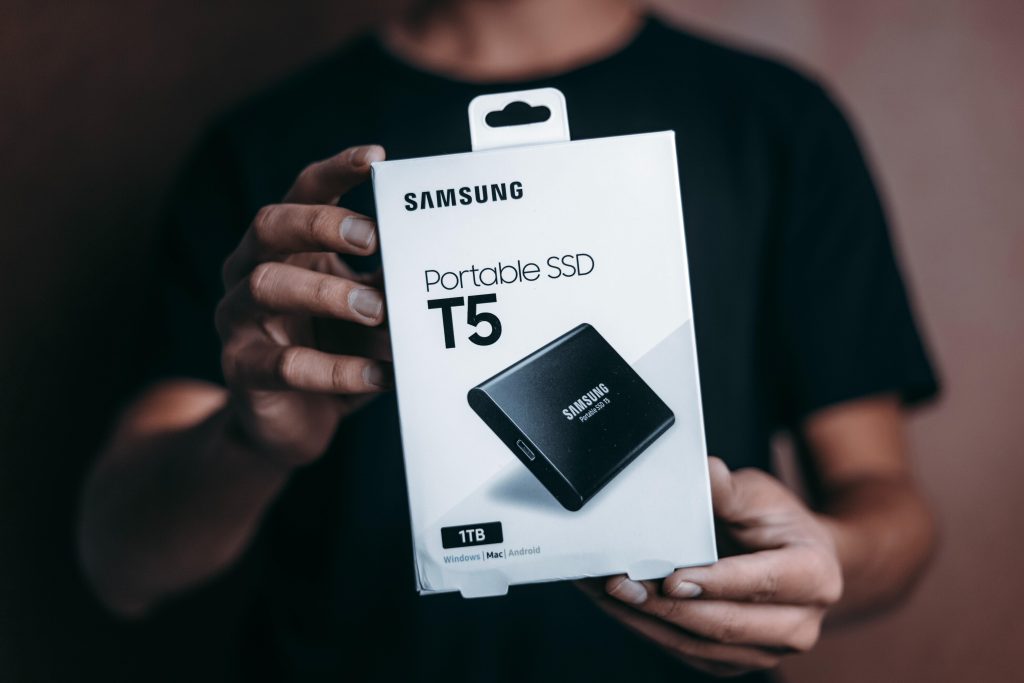This content originally appeared on Mashable for a US audience and has been adapted for the UK audience.
Faster and more performant than just about any hard drive on the market, a solid-state drive — better known as an SSD — is vital if you want a highly functioning laptop or computer for gaming or editing.
Whether you’re hoping to improve the speed of your computer or you just want something that’ll ensure your documents and data are as secure as possible, a solid-state drive will do the trick.
But how do you find a great SSD? What makes one SSD better than another? That’s part of the problem with buying hardware — there are so many specifications that the jargon is hard (unlike with an SSD) to keep stored in your brain. The good news, we’ve done most of the hard work for you and pulled together a list of the best SSDs available right now.
What is a solid-state drive?
An SSD is a storage device that uses blocks of memory cells to store data for easy access. SSDs tend to use flash memory, which makes them faster and more efficient than the HDD. Consequently, SSD has become the more popular means of storage — synonymous with the latest gen PCs and laptops.
What’s the difference between SSD and HDD?
It’s a matter of inner workings. Whole SSD uses memory chips and flash memory, the more traditional HDDs are built with mechanical moving parts, which is what makes them slower. It’s worth remembering, however, that HDDs are cheaper and hold significantly more data than SSDs.
How much data can an SSD hold?
The amount of storage ranges from model to model — and each model tends to have multiple capacity options — but most of the SSDs you’ll find on this list range between 1TB and 4TB.
Do you need an SSD?
The great thing about SSD technology is that it’s a simple way to upgrade your PC and laptop. But it’s always worth asking yourself if you actually need the upgrade. SSDs are especially good for laptop users because they’re small, portable, and eat up less power.
SSDs are also good for gaming and video editing because they have fast load and response times and reduced lag. The only drawback is they have limited storage (and less storage for your cash) than HDD. Serious gamers might want to combine both SSD and HDD, using the HDD for files that are access less frequently.
What are the different types of SSD?
There are different kinds of technology that you’ll find inside SSDs. It’s worth knowing some of the jargon so you have a basic idea. The easiest way to say it is that there are two types of SSD – SATA and PCIe/NVMe SSDs. SATA is the older technology, which is fine for basic needs but not as fast as PCIe and NVMe. PCIe is a type of flash storage, while NVMe isn interface that accelerates data transfer speeds.
What is the best SSD?
Thankfully, with prices going down and quality going up, finding a high-quality SSD has become easier than ever. We did the research, keeping in mind functionality, storage, and price to bring you some of the top options on the market.
These are the best SSDs in 2024.







